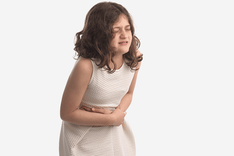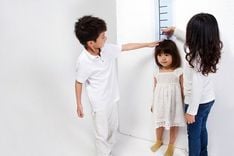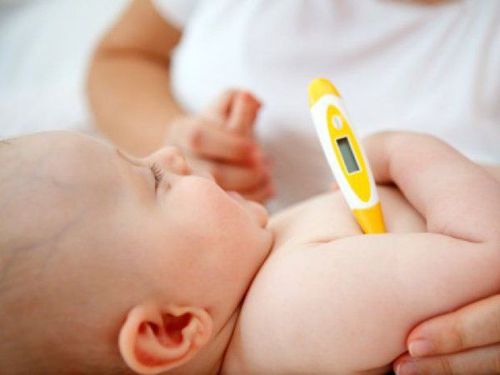This is an automatically translated article.
Baby teething is when the first teeth pass through the baby's gums. Baby teeth begin to erupt when the child is 4 - 7 months old, on average at 6 months. This can cause your baby to have a fever, drooling, irritability, poor appetite, diarrhea, or fussiness.Video content is consulted by Master, Doctor Nguyen Minh Tuan - Department of Pediatrics - Neonatology - Vinmec Danang International General Hospital
What makes parents always wonder is “how many days does a child have a fever?” or “how many days does teething fever go away?”
Children with teething fever usually last 1-2 days and are accompanied by some signs such as:
Lots of drooling; Rash around the chin and mouth; Or chew or bite; The baby is crying and sucking poorly. Usually, teething fever in children is only mild, about 38 degrees Celsius, not high fever. In case the child has a mild teething fever, there is no need to use antipyretic, however, if the child has pain, swelling of the gums, is too fussy, it can be used to relieve pain for the child before eating, and give the child soft and diluted food to eat. reduce chewing power. If the child has a teething fever above 38.5 degrees, you can use paracetamol to reduce the child's fever, combined with a warm compress.
In fact, there is no way to prevent teething fever in children because depending on the location, children's reactions are different, some children have teething but have absolutely no fever, but there are also children with teething fever, so they cannot be proactive. preventable.
The eruption of baby teeth will end when the baby is about 24 months old with 20 teeth: 10 upper teeth, 10 lower molars. After teeth have erupted, dental care is still essential to keep your baby free of tooth decay, gingivitis, and other oral diseases. The period of teething in children is a period when parents need to pay attention to dental care for their children, because it can affect the quality of their teeth later when they are adults. When a child has a fever with teething, it is also important to pay close attention, if you see that the child has accompanying symptoms such as cough, high fever continuously, runny nose, vomiting, etc., it is necessary to take the child to the hospital to be examined by a doctor. and determine whether the fever is caused by teething or not and take specific measures.
Please dial HOTLINE for more information or register for an appointment HERE. Download MyVinmec app to make appointments faster and to manage your bookings easily.














